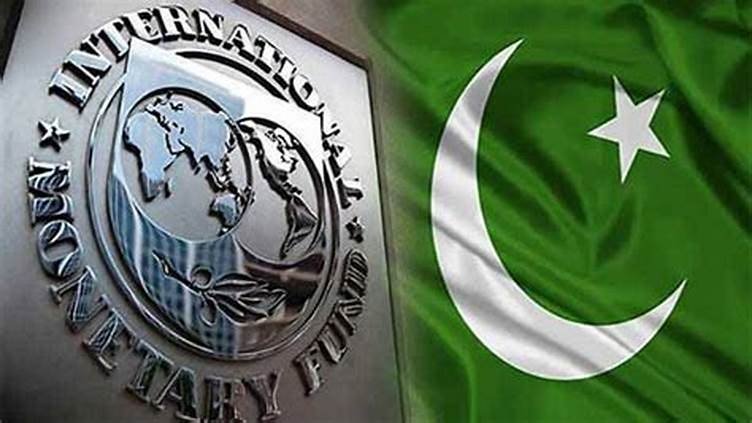The IMF’s latest bailout to Pakistan includes support for climate resilience and economic reform—but India warns it may empower military interests and destabilize the region.
BY PC Bureau
May 9, 2025
The International Monetary Fund (IMF) on Friday approved a $2.3 billion bailout package for Pakistan, comprising $1 billion under the Extended Fund Facility (EFF) and $1.3 billion through the Resilience and Sustainability Facility (RSF). The decision, reached during a critical Executive Board meeting, moved forward despite India’s strong objections over Pakistan’s alleged misuse of previous funds and ongoing support for cross-border terrorism.
India’s representative to the IMF, Parameswaran Iyer, abstained from the vote, expressing deep concern over Pakistan’s failure to curb terror activities and its history of poor compliance with IMF program requirements. Citing the April 22 Pahalgam terror attack that left 26 civilians dead, Indian Foreign Secretary Vikram Misri warned that continued support without rigorous safeguards could enable Pakistan’s military establishment to divert funds toward non-economic priorities.
“The case with regard to Pakistan should be self-evident to those who generously open their pockets to bail out this country,” Misri said at a press briefing on May 8, emphasizing Islamabad’s long-standing pattern of economic mismanagement and military dominance in policymaking.
IMF today has failed as an institution by approving Pakistan $2.3billion. This is setback towards Global fight against terrorism. IMF has demonstrated that state sponsor of terrorism can get a free ride and no review for financing terrorism. pic.twitter.com/keqOf7k7Dz
— riri (@oofriri) May 9, 2025
READ: Pakistan Defence Minister Warns of Full-scale War with India
The approved funds include an immediate $1 billion disbursement under the EFF, while the RSF is aimed at bolstering Pakistan’s climate resilience over a 28-month period. This follows an earlier $7 billion EFF program launched in September 2024, under which $2 billion has already been released, helping Pakistan narrowly avoid default amid a growing external debt burden now exceeding $130 billion.
ALSO READ: Relentless Cross-Border Shelling Turns LoC Into a War Zone
While the IMF acknowledged Pakistan’s efforts in reducing inflation to its lowest level since 2015 and strengthening external balances, it also flagged continuing risks from regional tensions and fragile global financial conditions.
India’s primary concern is that Pakistan’s civilian institutions remain subordinate to military influence—particularly through bodies like the Special Investment Facilitation Council—raising fears that IMF funds may be repurposed for defense or strategic uses rather than economic stabilization.
A statement from India’s Ministry of Finance questioned the utility of repeated bailouts in the absence of structural reform. “Pakistan’s poor track record should not be rewarded with fresh infusions of international capital, especially without enforceable conditions on transparency and civilian control over expenditures,” it said.
Public sentiment on social media reflected a deep divide. Many Pakistani users hailed the IMF’s support as a strategic victory, especially amid rising tensions with India. In contrast, Indian users condemned the move, arguing that it indirectly bankrolls a state accused of supporting terrorism. One widely shared post read, “No free passes for those who fund terror,” echoing India’s official line.
Pakistan’s Finance Minister Muhammad Aurangzeb welcomed the decision and reaffirmed the government’s commitment to IMF-mandated reforms, including broadening the tax base and reforming the energy sector. Yet critics argue the associated austerity measures—such as higher taxes and increased utility tariffs—have deepened inequality and placed a disproportionate burden on Pakistan’s working class.
While the bailout may offer short-term relief, the IMF’s decision has reignited debate over its lending criteria and political neutrality. With India’s abstention casting a shadow over the proceedings, questions remain about the Fund’s oversight mechanisms and the long-term efficacy of propping up fragile states without ensuring accountability.
For now, Pakistan has secured vital funds to stave off economic collapse—but the geopolitical fallout, and the deeper structural problems within its economy, remain unresolved













